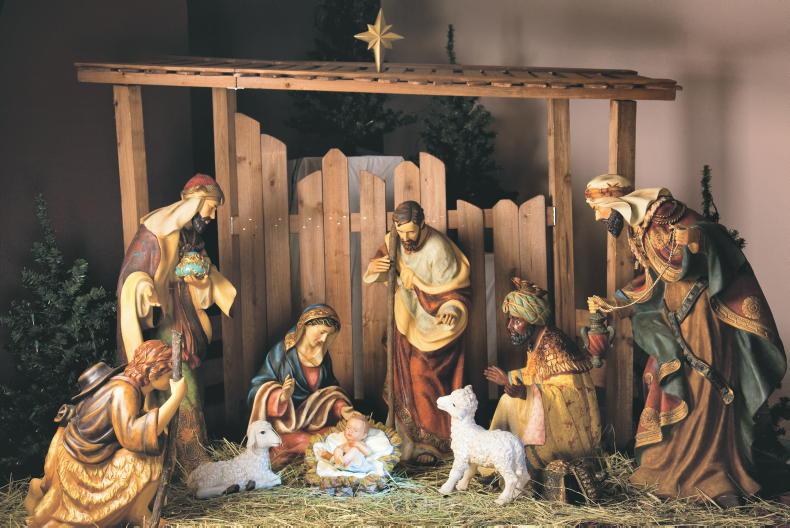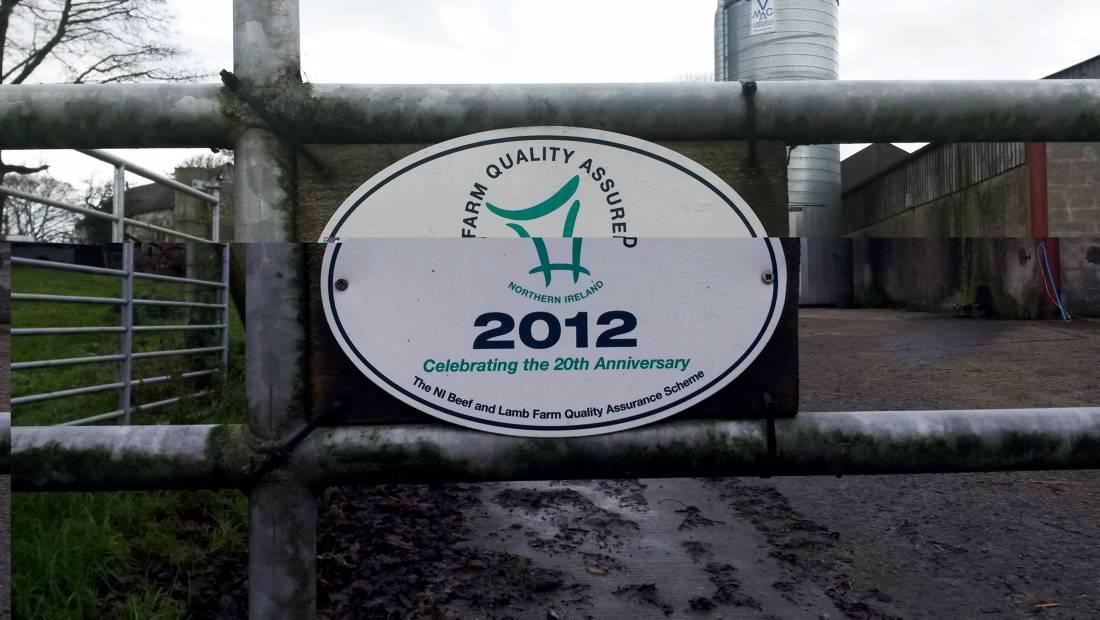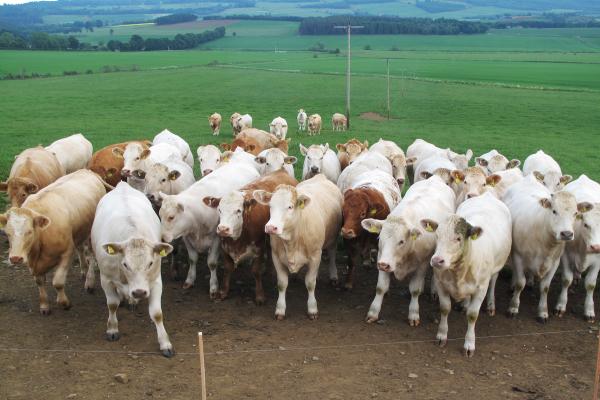The last minute January clients have been all rushing through the doors with their paperwork to meet the 31 January self-assessment deadline.
When I ask the clients, there are two main reasons for the late rush:
Putting it off for as long as possible until they had no choice as they dislike book-keeping (I can’t help these clients too much).Not knowing what information to bring in, and fear they bring in the wrong information and end up in trouble with HMRC.The second reason I can help with, and with more modern systems in place, keeping good records is now very easy.
Small business
For small traders who are employed, with a small business on the side, the following records are required:
P60 from the employer – this is the end-of-year tax certificate.A simple list of income and outgoing – you need to keep hardcopies of invoices for purchases and invoices to clients, where possible. Retain bank statements as well, even if the personal account is used.Larger business
For a larger business of any size, I recommend the first thing a business person should do is set up a separate bank account in the business name.
Most clients who have issues trying to get their tax information pulled together have not completed this step. The main records an accountant requires are the following:
Bank statements.Chequebooks.Cash sales (if not all lodged into the bank account).Cash expenses.Stock figures.HP agreements.Any other information the owner feels is relevant to the accounts, eg information on a pending legal case, estimates on work in progress for a manufacturing firm, etc.For business that is Vat-registered add in:
Vat returns.List of invoices that make up the vat return (sales and expenses).Companies
Where the farm has been set up as a company, it is generally treated the same as any larger business – the main difference is that they must have a separate bank account in their own name.
A company is a separate legal entity from the shareholder or director who is in control. The shareholder/director cannot use the company money at will for their own private usage. If they owe money to the company at the year-end, there is a tax known as S419 which is levied against the company on the director’s loans. Due to this reason and other legal factors, companies must have very good recording keeping systems in place.
Technology
Many clients are now using technology to help them with their book-keeping. This includes apps for millage records, expenses and issuing invoices, etc. Some clients also use dedicated accounting packages such as Sage, Xero, etc.
These packages and apps are very good, but they are only as good as the user. With ‘‘making tax digital’’ coming in, there is a push towards digital record-keeping.
However, the days of pen and paper are still not dead, and many clients still approach me with their accounts on paper records, and I simply format them digitally as they are not comfortable using these modern packages.
More important than anything else, a business owner must be comfortable with their record-keeping system. As long as the accountant, and HMRC, receives the required information on a timely basis, the system that the client finds the easiest and least confusing is the best system to use.
Please note the advice given above is very general and cannot not be relied upon as each individual business case would need to be assessed. MCA Chartered Accountants cannot accept responsibility for decisions based on this article.
The last minute January clients have been all rushing through the doors with their paperwork to meet the 31 January self-assessment deadline.
When I ask the clients, there are two main reasons for the late rush:
Putting it off for as long as possible until they had no choice as they dislike book-keeping (I can’t help these clients too much).Not knowing what information to bring in, and fear they bring in the wrong information and end up in trouble with HMRC.The second reason I can help with, and with more modern systems in place, keeping good records is now very easy.
Small business
For small traders who are employed, with a small business on the side, the following records are required:
P60 from the employer – this is the end-of-year tax certificate.A simple list of income and outgoing – you need to keep hardcopies of invoices for purchases and invoices to clients, where possible. Retain bank statements as well, even if the personal account is used.Larger business
For a larger business of any size, I recommend the first thing a business person should do is set up a separate bank account in the business name.
Most clients who have issues trying to get their tax information pulled together have not completed this step. The main records an accountant requires are the following:
Bank statements.Chequebooks.Cash sales (if not all lodged into the bank account).Cash expenses.Stock figures.HP agreements.Any other information the owner feels is relevant to the accounts, eg information on a pending legal case, estimates on work in progress for a manufacturing firm, etc.For business that is Vat-registered add in:
Vat returns.List of invoices that make up the vat return (sales and expenses).Companies
Where the farm has been set up as a company, it is generally treated the same as any larger business – the main difference is that they must have a separate bank account in their own name.
A company is a separate legal entity from the shareholder or director who is in control. The shareholder/director cannot use the company money at will for their own private usage. If they owe money to the company at the year-end, there is a tax known as S419 which is levied against the company on the director’s loans. Due to this reason and other legal factors, companies must have very good recording keeping systems in place.
Technology
Many clients are now using technology to help them with their book-keeping. This includes apps for millage records, expenses and issuing invoices, etc. Some clients also use dedicated accounting packages such as Sage, Xero, etc.
These packages and apps are very good, but they are only as good as the user. With ‘‘making tax digital’’ coming in, there is a push towards digital record-keeping.
However, the days of pen and paper are still not dead, and many clients still approach me with their accounts on paper records, and I simply format them digitally as they are not comfortable using these modern packages.
More important than anything else, a business owner must be comfortable with their record-keeping system. As long as the accountant, and HMRC, receives the required information on a timely basis, the system that the client finds the easiest and least confusing is the best system to use.
Please note the advice given above is very general and cannot not be relied upon as each individual business case would need to be assessed. MCA Chartered Accountants cannot accept responsibility for decisions based on this article.









SHARING OPTIONS